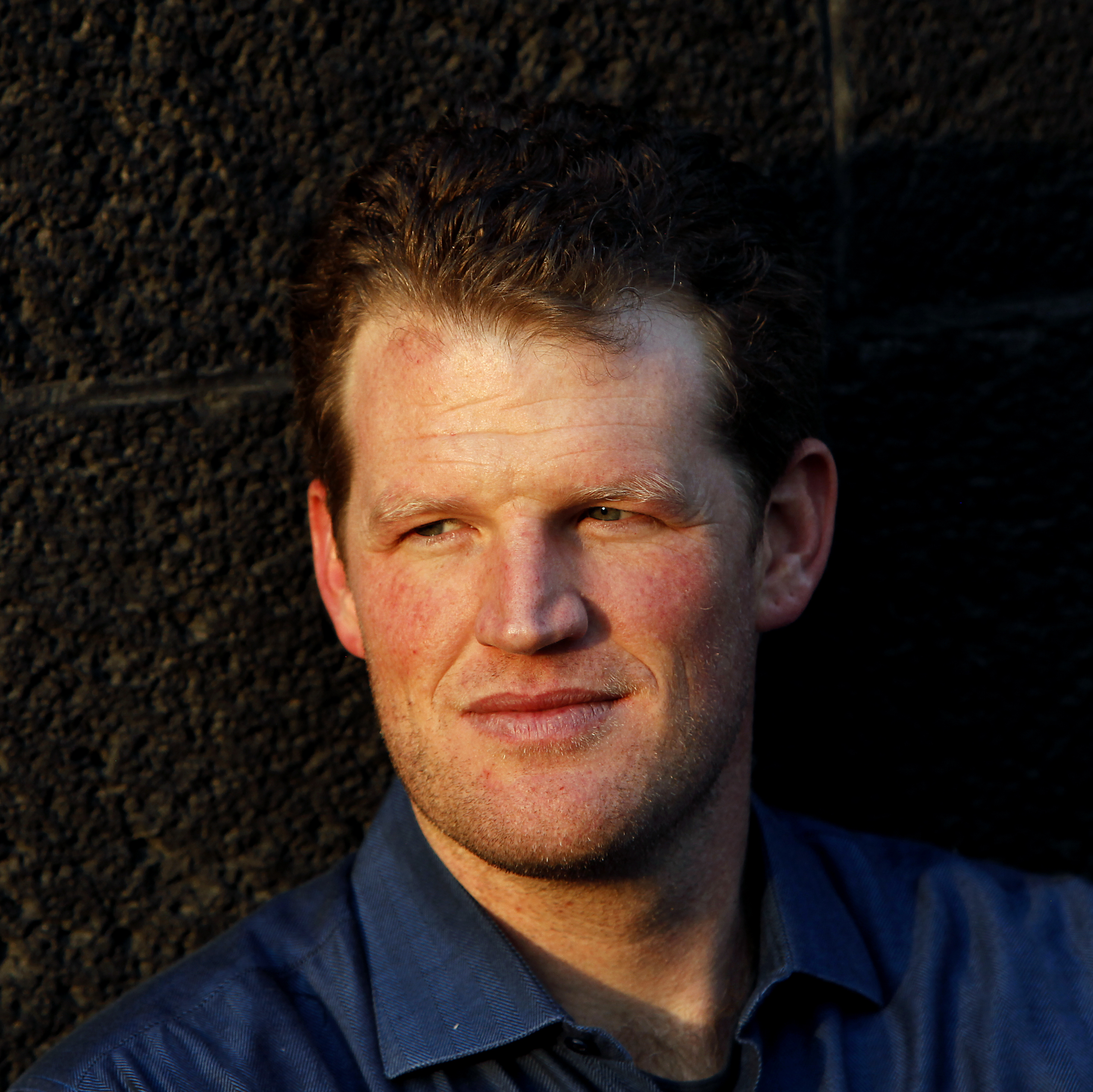Erik Vance is a native Bay Area writer replanted in Mexico as a non-native species. Before becoming a writer, he was, at turns, a biologist, a rock-climbing guide, an environmental consultant and an environmental educator.
His work focuses on the human element of science — the people who do it, those who benefit from it and those who do not. He has written for The New York Times, Nature, Scientific American, Harper’s, National Geographic and a number of other local and national outlets. His first book, “Suggestible You,” about how the mind and body continually twist and shape our realities, was supported in part by the Pulitzer Center on Crisis Reporting and is available on Amazon or through SuggestibleYou.com.




